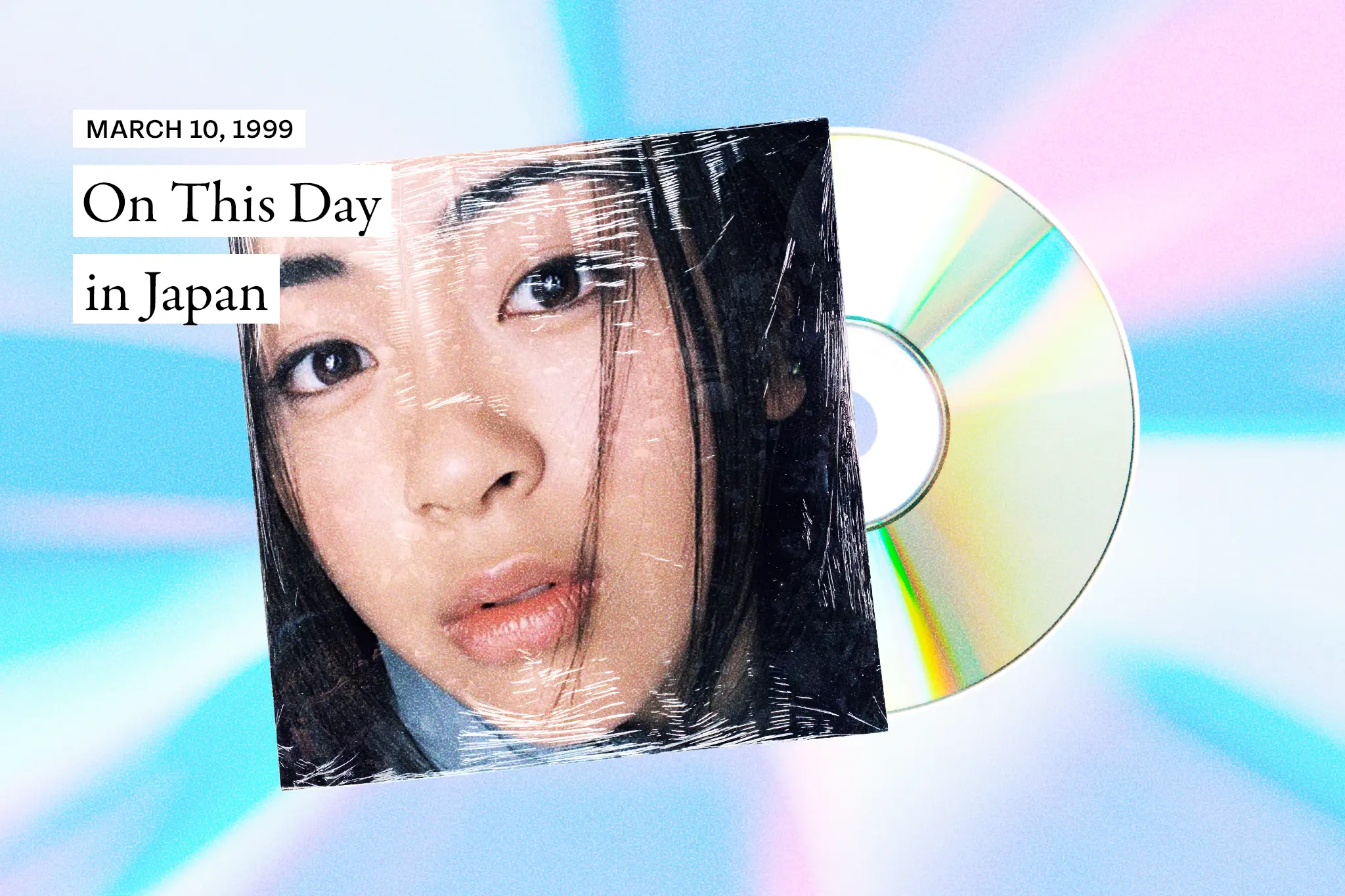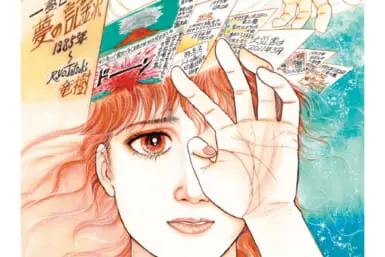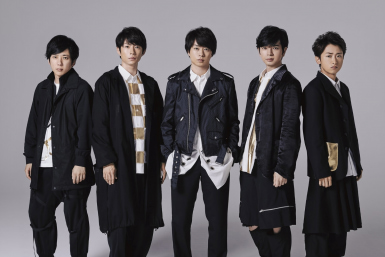On this day in 1999, the now non-binary solo artist Hikaru Utada released their seminal record First Love. By the summer of that year, it had sold more than 7 million copies and has since shifted over 10 million units worldwide. A quarter of a century on, it remains the best-selling Japanese album of all time. Songs from the LP continue to resonate with audiences today, including the titular track, which, along with the hit “Hatsukoi” (meaning “first love”), inspired a popular 2021 Netflix drama with the same name, starring Hikari Mitsushima and Takeru Satoh.
The Background to First Love
Utada was just 15 when recording First Love and 16 when it was released. Born in New York City to record producer Teruzane Utada and enka star Keiko Fuji, music was in the teenager’s blood. In 1998, the singer released the English-language album Precious under the stage name Cubic U. Due to internal problems with EMI, it was only available to industry insiders in the US and failed to chart in Japan. First Love, released a year later, was a completely different story. It was an album that, according to The Japan Times’ Philip Brasor, “changed everything.”
Utada’s debut Japanese record, First Love, shifted the entire landscape of pop music in this country. Until then, the charts were dominated by boy bands and female idols who danced to the beat of their managers’ drums. That was never going to be Utada’s way. A songwriter heavily influenced by American music, the teenager was not prepared to let talent agencies interfere and refused any contact from them in those early days. For that reason, First Love sounded unlike any other album from Japan at the time.
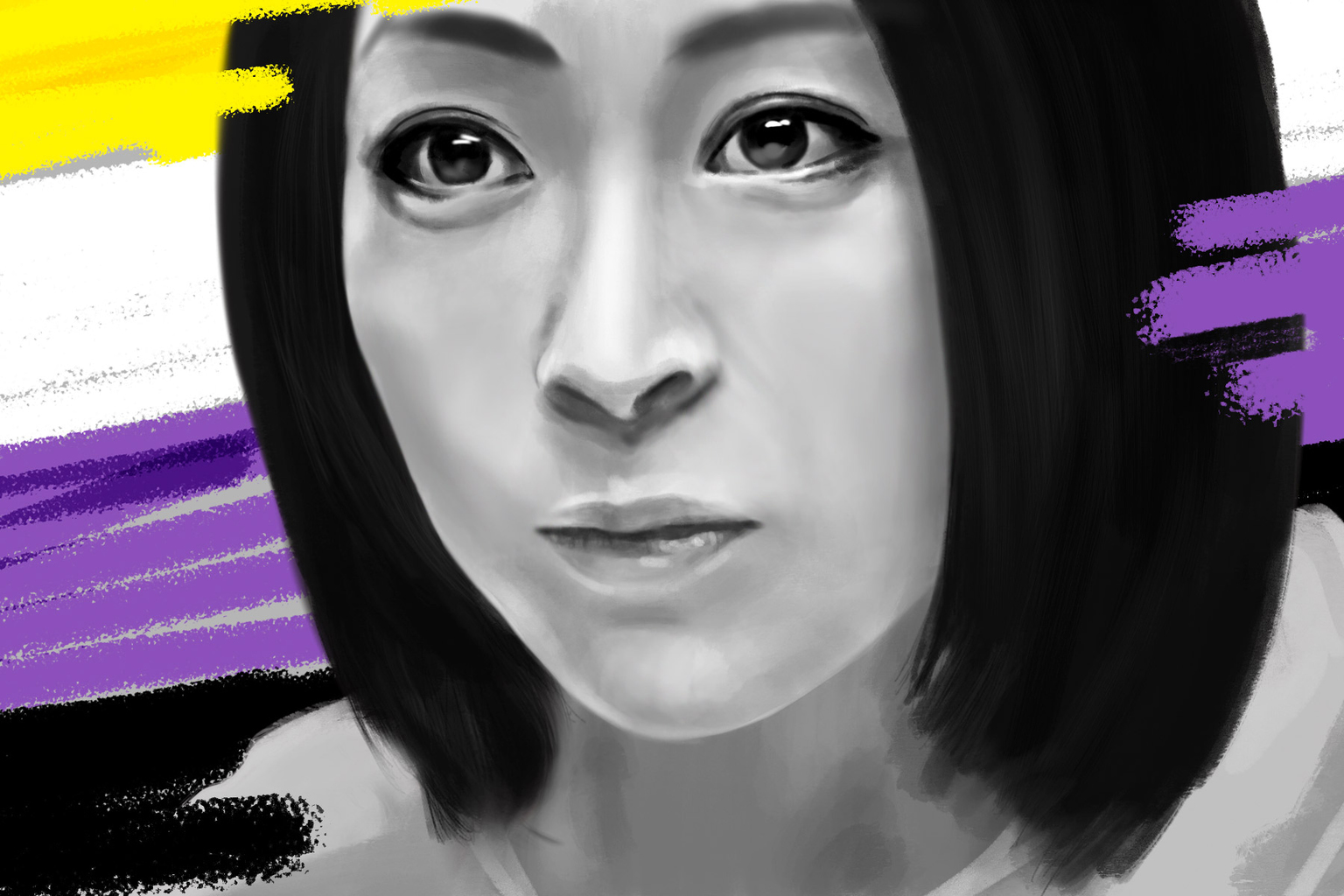
Standout Tracks
The album begins with the catchy R&B track, “Automatic,” arguably the standout song on the LP. A huge hit which celebrates the power of love and the effortless nature of a profound connection, it was released in December 1998 as a double A-side with the mid-tempo dance tune, “Time Will Tell.” Both songs featured as ending themes for Fuji TV shows: “Automatic” for the comedy program Warau Inu no Seikatsu — Yaraneva!! and “Time Will Tell” on the talk show Gokigenyou. Sales for the two songs exceeded 2 million.
The other singles from First Love were “Movin’ on Without You” and the record’s title track. The former is an upbeat disco and house song with a fast dance beat that became Utada’s first number one hit on the Oricon Singles Chart. “First Love,” meanwhile, is a structurally straightforward track that pulls at the heartstrings thanks to the meaningful lyrics and the singer’s superb vocals and unusual breaths. Other appealing tracks on the album include “Never Let Go,” which samples Sting’s “Shape of My Heart” and the underrated “Another Chance.”
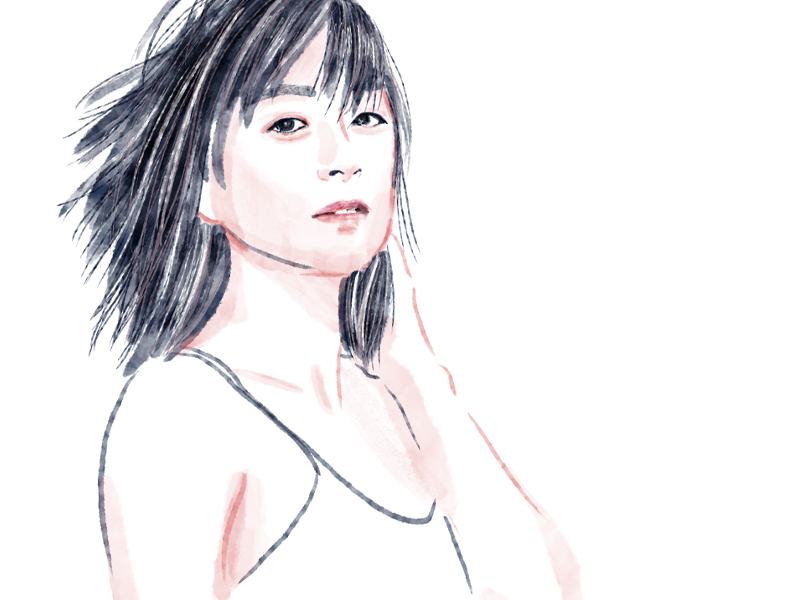
Building on First Love’s Success
On the back of First Love’s success, Precious was re-released in March 1999 and peaked at number two in the charts. At just 16, Utada had become one of the most influential songwriters in the Japanese music industry. An extensive Bohemian Summer tour in nine cities was arranged just over a year later with tickets selling out within 30 minutes for the various venues. The Japan Times described it as, “The biggest Japanese music event in 2000.”
In March 2001, Utada’s third studio album, Distance, came out and sold 3 million copies in its first week. It remains the fastest-selling album in Japanese music history, with Ayumi Hamasaki’s A Best, released the same week, in second. Utada’s success continued with several more albums exceeding 1 million in sales, including Deep River, Exodus and Heart Station. The re-release of First Love a decade ago — to celebrate the record’s 15th anniversary — also proved popular, reaching the top 10 in the charts. A deluxe edition featuring memorabilia from 1999, was initially limited to 5,000 copies, however, due to overwhelming demand, was pushed up to 10,000.

